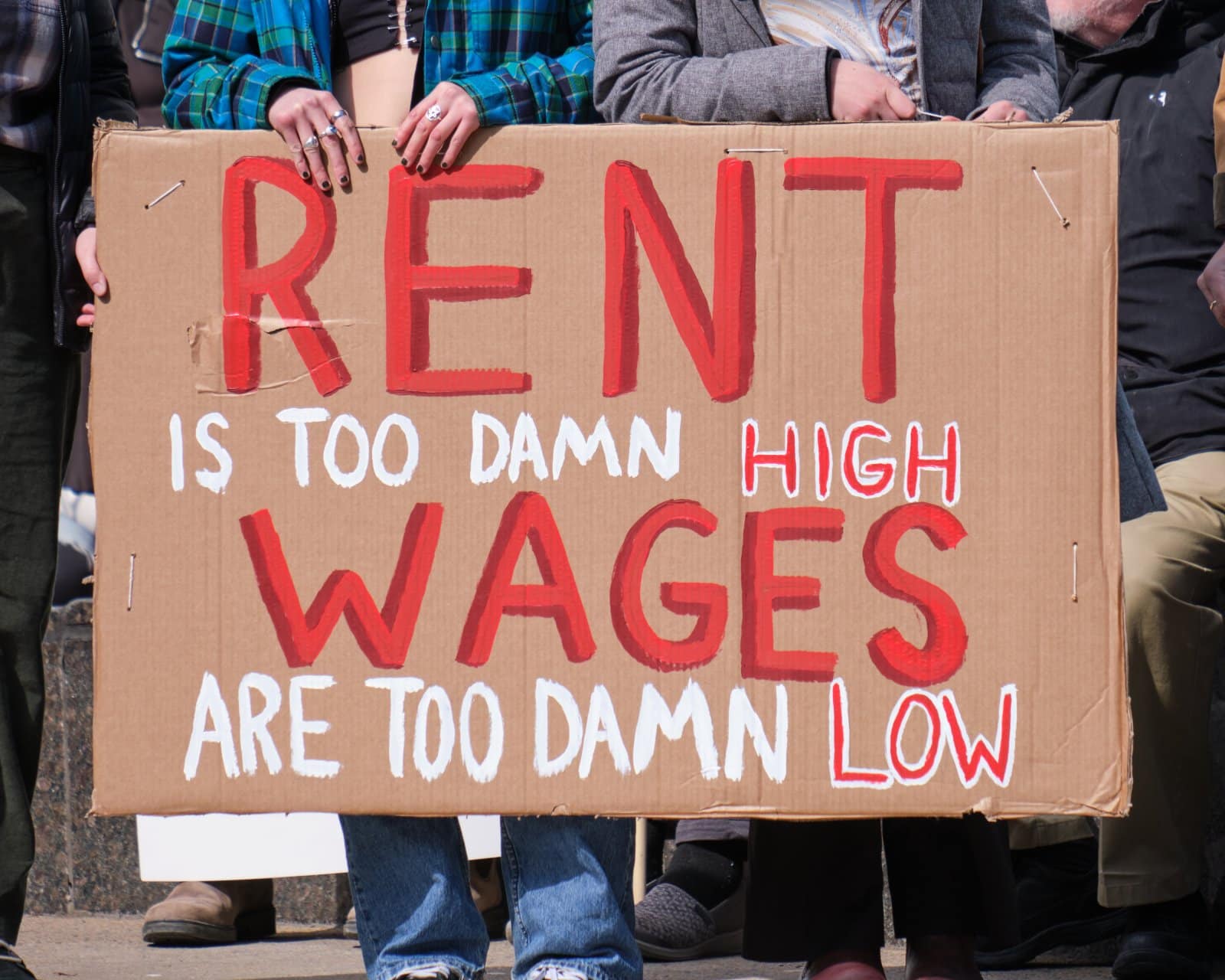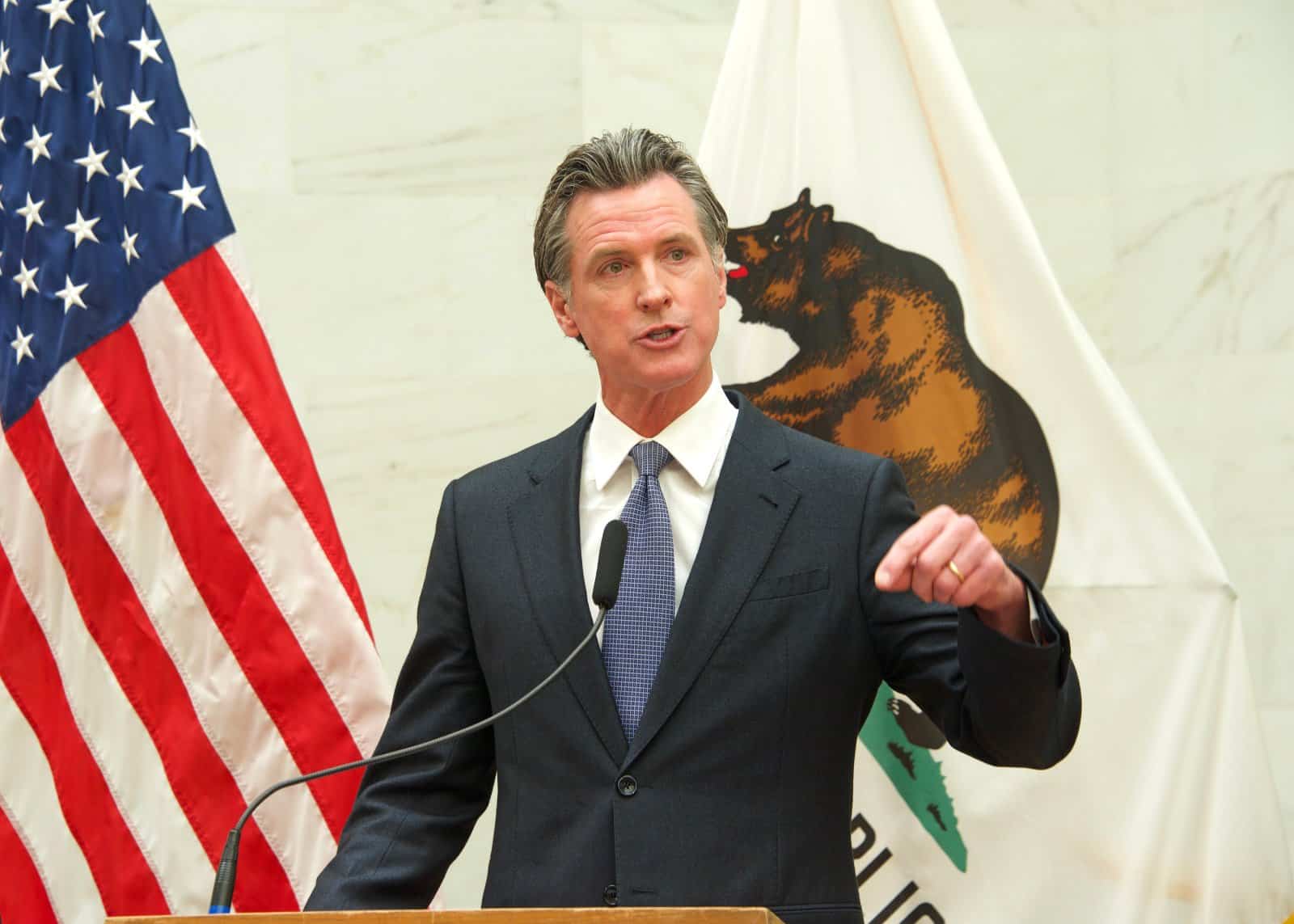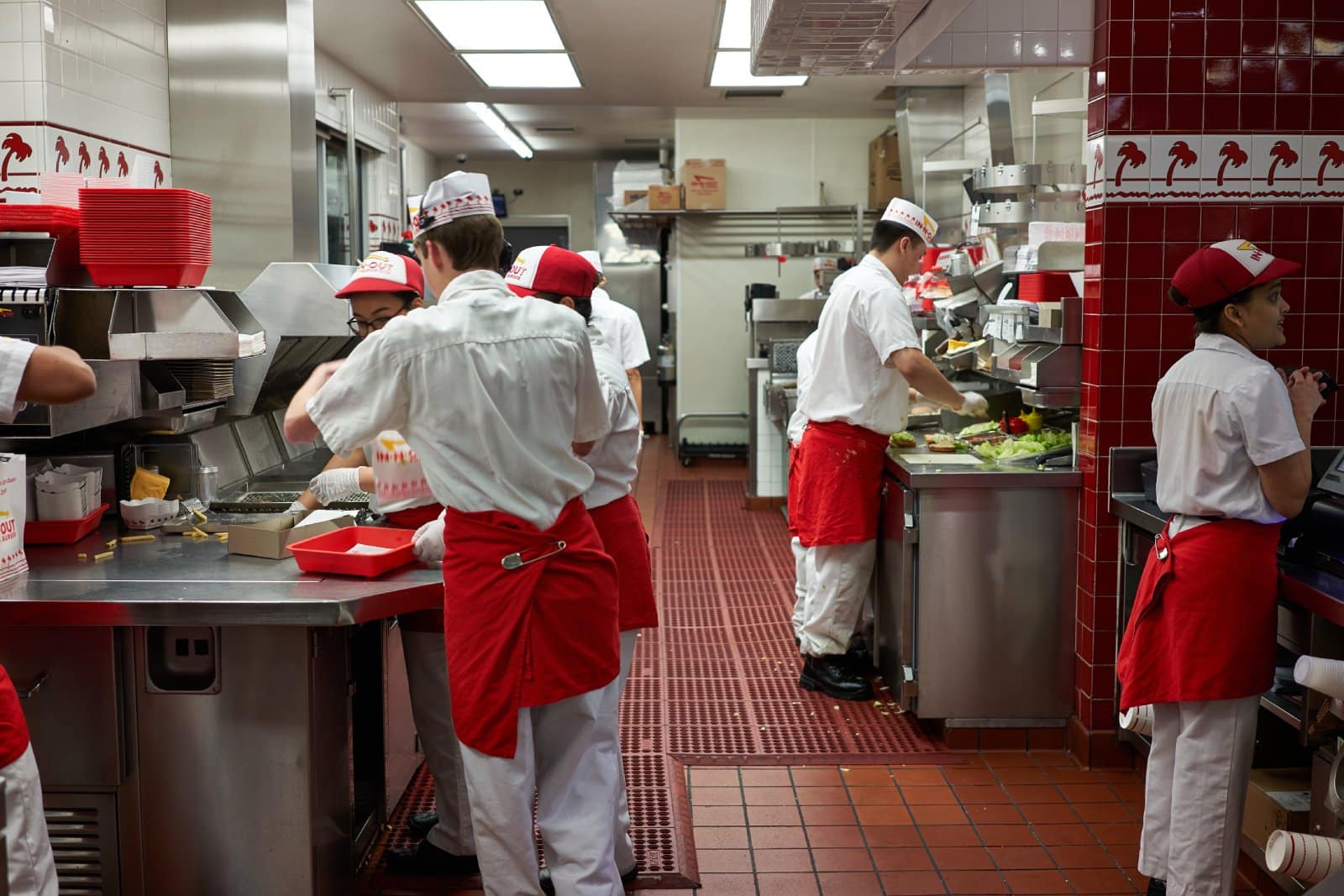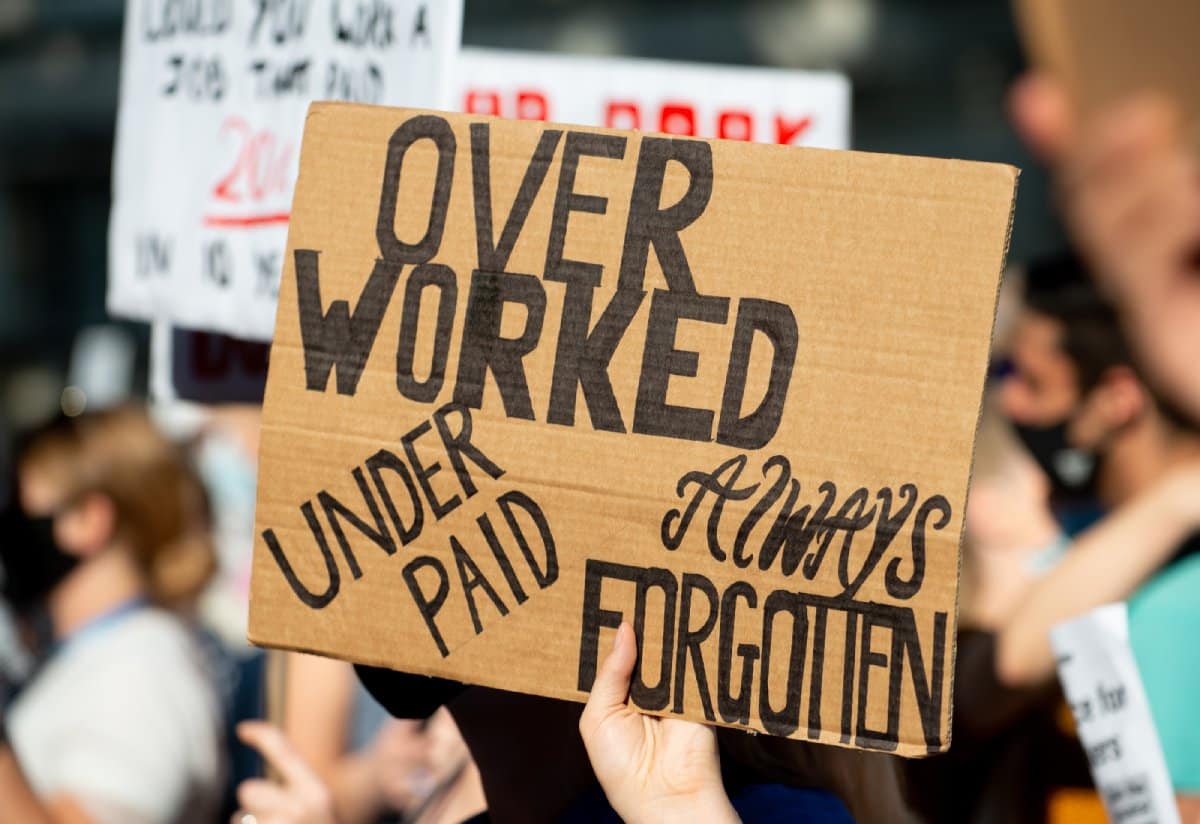Following the historic regulation recently imposed in California, which granted a $20 minimum wage for all fast food workers, advocate groups are now pushing for further wage increases – this time targeting all of California’s working residents.
Extending California’s $20 Minimum Wage

Wage advocate group One Fair Wage is pushing lawmakers to extend California’s new $20 minimum wage to all sectors, calling the wage increase “just the beginning.”
Call for Broadening the Bill

In an interview with Fox, Saru Jayaraman, an attorney and the president of One Fair Wage, called on lawmakers to broaden the bill, demanding it be used to help working-class people across the state who are currently struggling with the high cost of living.
Addressing the High Cost of Living

Jayaraman explained that “People are leaving the state or are not having children, not having families” and pointed to statistics that showed that in some California counties, residents would now need a $40 minimum wage to live comfortably due to the increased cost of living.
Urgency for Change

“These are all the very basics we should be thinking about for humans living in California and needing to survive. I mean the level of crisis that people have been enduring since the pandemic is severe,” Jayaraman said.
Governor Newsom’s Minimum Wage Law

California Governor Gavin Newsom signed the minimum wage into law in September, and it came into effect in early April.
Fast Food Industry Impact

Now, workers in fast food restaurants are legally required to be paid $20 per hour if the restaurant is part of a chain with at least 60 other locations nationwide.
Business Concerns

Many businesses have opposed this rule, with restaurant owners and independent businesses worried that the increased wages could be implemented nationwide, affecting their profits and ability to run their businesses.
Debunking Job Loss Claims

Critics argue that increased wages will mean mass layoffs and businesses closing en-masse, a claim that Jayaraman refutes, explaining, “That is the argument they always make. Every single time the minimum wage goes up, they always say it’s going to kill business, jobs will be lost, and we’ve never seen it happen. Not in California, not in any other state. It has never happened.”
Economic Stimulus

Despite reports of layoffs in California as fast-food restaurant owners move to electronic kiosks over human staff, Jayaraman argued that minimum wage increases will stimulate the economy and grow industries by giving workers access to more money.
Economists’ Perspective

Jayaraman’s comments reflect a class of economists who argue that increased wages stimulate the economy and rarely lead to job losses.
Wage Increases and Company Profits

Economic experts from the University of Michigan and Carnegie Mellon University analyzed ten years of state tax returns. They sought to understand how wage increases impact employment rates and company profits.
Their findings revealed that overall profits increased, and hiring was reduced as businesses retained high levels of staff.
Productivity and Profitability

While the report did find that some restaurants closed due to wage increases, closures were “concentrated among the least productive small firms,” while surviving businesses saw an increase in productivity and profits.
Price Inflation Concerns

Jayaraman argued against the claim that wage hikes will be passed onto consumers through price increases, stating, “Frankly, inflation has already happened, and many prices have already gone up. Grocery store prices have already gone up. And so, it’s not a matter of we can’t raise wages anymore because prices might go up. Prices have already gone up.”
Keeping Pace with Living Costs

She made sure to point out that “If we don’t keep wages in step with the rising cost of living, either workers will leave the state or these other horrible things happen.”
Potential Fall Wage Increase

California’s minimum wage for workers outside of the fast food industry is $16, but a ballot initiative proposed by anti-poverty activist Joe Sanberg could raise it to $18 in the fall.
Opposing Views

Jayaraman and One Fair Wage oppose this move, calling for Sandberg to drop the measure and calling it “obsolete” despite the move helping a potential 2 million California residents.
The Growing Complexity of California’s Minimum Wage

According to Jayaraman, “It’s resulted in workers we’ve talked to around the state, in all industries, saying ‘what about us? I’ve heard from legislators as well: ‘This is getting confusing because there are five or six minimum wages in California.'”
Challenges for Legislation

Whether Jayaraman’s demands are met remains to be seen, but they’ve raised a great deal of debate in California.
The post California Workers Demand $20 Statewide Minimum Wage in Advocacy Push first appeared on Wealthy Living.
Featured Image Credit: Shutterstock / John Gomez.
The content of this article is for informational purposes only and does not constitute or replace professional financial advice.





